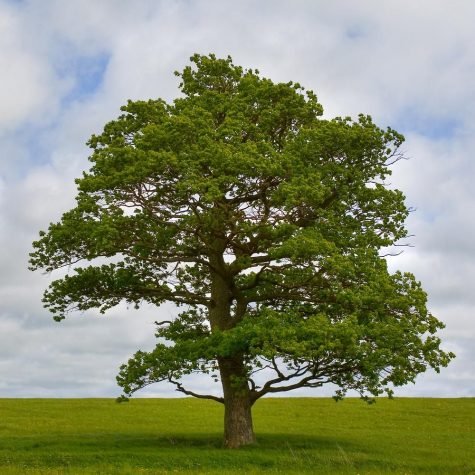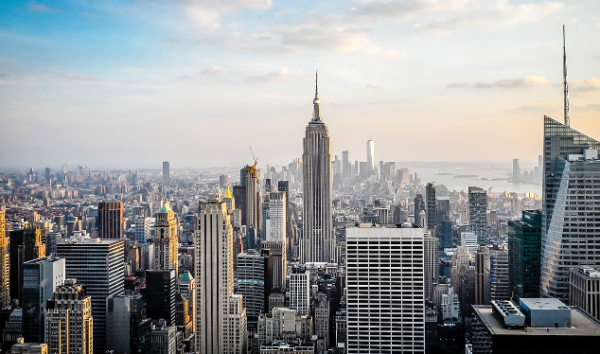Quarantine and the Positive Impact It Had On the Environment

2020 was a strange year, to say the least, but quarantining had an interesting impact on our environment. Without everyone going out all the time it resulted in nature flourishing.
“After the lockdown began on Jan 23, the particulate matter pollution decreased by an average of 35% and NO2 decreased by an average of 60%…Production and consumption of ODS are also reduced.”
This big decline in pollution should really be telling us something about how to live our day to day lives, and how much we are negatively affecting our planet.
“Lockdown due to COVID-19 reduced transport activities which results in less energy consumption and lower oil demand.”
Quarantine has benefited nature and natural resources in multiple ways, some examples are, fewer carbon emissions, less energy consumption, lower oil demand, less pollution, and more wildlife restoration.
“There were maps showing improvements in air quality, photographs of deserted streets and squares bathed in sunlight, and, most surprising, videos of wild animals thriving in newly deserted towns and cities.”
With the animals no longer fearing humans, wildlife has been blossoming. Understanding how we can help improve the environment could possibly help us to help our planet prosper, and possibly allow animals to live a better life.
“There have even been anecdotal reports of reduced human pressures on wild species. In protected areas, declines in visitor numbers caused by travel restrictions and park closures have reduced stresses on sensitive animals and trampling pressure on popular trails.”
By the absence of humans nature has seen many beneficial impacts for the environment, this should show us how we have affected nature so poorly and have a goal to strive for better, not only for our planet but our local communities as well.







